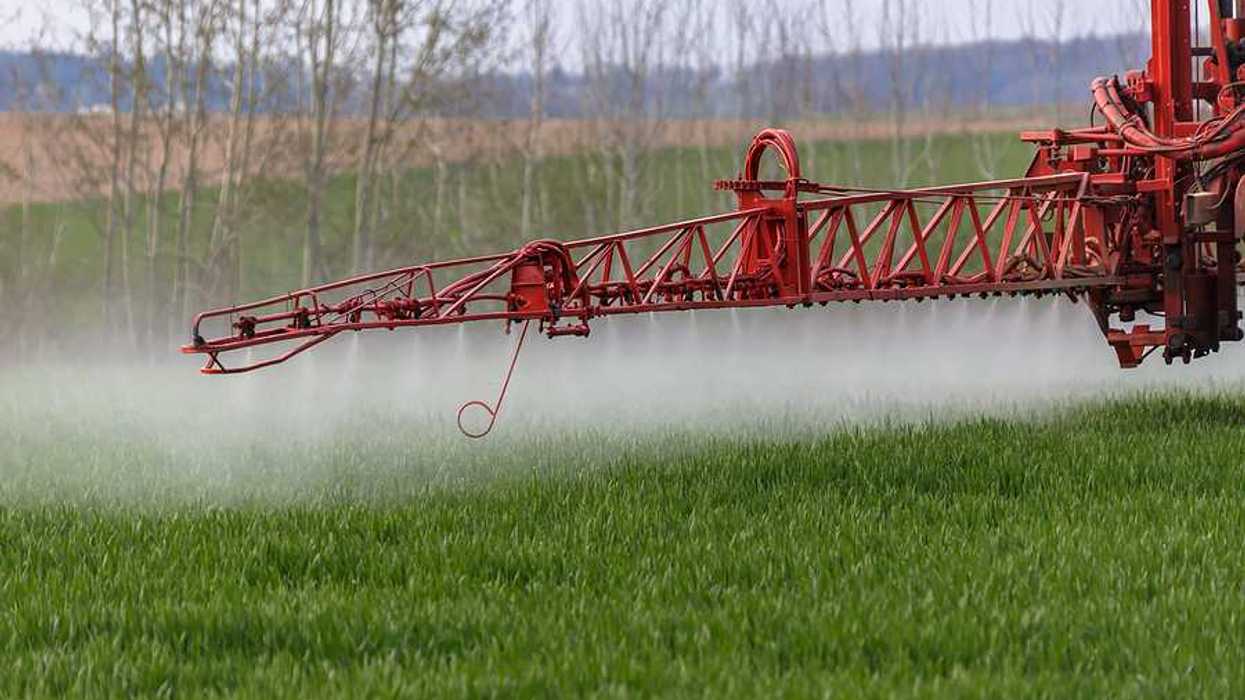A growing body of research links common pesticides to cancer, birth defects, and hormone disruption, prompting experts to recommend steps individuals can take to reduce exposure.
In short:
- A federal advisory board led by Health Secretary Robert F. Kennedy Jr. called for more scrutiny of pesticides, especially glyphosate and atrazine, due to potential links to chronic diseases.
- Animal studies and some human research associate glyphosate with non-Hodgkin lymphoma and atrazine with reproductive issues, but regulatory agencies like the U.S. Environmental Protection Agency and World Health Organization remain divided on their conclusions.
- Experts suggest reducing pesticide exposure by choosing organic foods, using certified water filters, and thoroughly washing or peeling produce.
Key quote:
“For someone living in a farming community that’s constantly exposed to estrogen mimics like atrazine, you’re more likely to develop adverse effects.”
— Tyrone B. Hayes, biologist at the University of California, Berkeley
Why this matters:
Pesticides are woven into the fabric of modern agriculture, but mounting evidence suggests they may exact a cost on human health. Substances like glyphosate and atrazine have been detected in food, water, and even urine, raising concerns about long-term exposure. These chemicals drift in the air, seep into groundwater, and accumulate in bodies. Children, pregnant people, farm workers, and rural residents are especially vulnerable. Scientific studies have flagged potential links between pesticides and cancer, hormone disruption, neurodevelopmental disorders, and birth defects. Yet regulators disagree on the severity of the threat, in part because it's difficult to isolate the effects of individual chemicals when people are routinely exposed to many at once. The U.S. sets much higher safety limits for pesticide residues than the European Union, and some chemicals still used in the U.S. have been banned elsewhere.
Read more:
- Opinion: To get high-risk pesticides out of our bodies, insulate the EPA from politics and follow the science
- Adrift: Communities on the front lines of pesticide exposure fight for change
- Organic diets reduce glyphosate exposure for pregnant people: Study
- Kids’ glyphosate exposure linked to liver disease and metabolic syndrome














